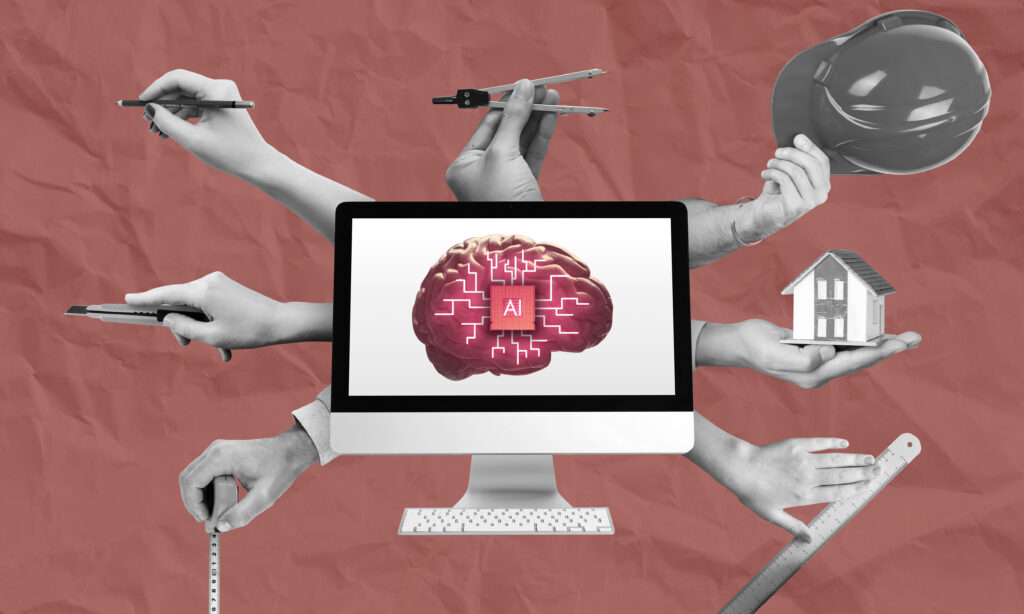What exactly are we talking about?
The term LXP has been invading discussions about talent management and training for the past few months. Google trends reveals that among the topics associated with the search “LXP” are “Learning Management System” and “LXP vs LMS”… not very surprising, right?
Each publisher has its own definition, here is the one from Brandon Hall: “The LXP is an employee’s entire relationship with learning and development, from the time they are a candidate toward they have left the company”.
As is often the case, if a single definition is not available, it is because the term refers to a set of things, features or trends in the market. The following points seem important to us in the notion of LXP:
- personalization: how to put the learner at the center of his learning experience, both in his technical environment, with the democratization of mobile terminals and telecommuting in the professional environment, but also in his organization. How his learning experience is integrated into his daily life and his professional organization.
- interconnection: the sources of learning are multiple and varied. How to make the learning experience fluid and coherent, whether you are learning from the corporate platform, a website, a book, a conference…
- Intelligence: how to use all the pre-existing data and data being generated and collected to optimize the learning experience and make it even more personalized. How to guide users as quickly as possible to what makes sense for them, in relation to their personal goals.
Why do companies want an LXP?
Here again, the novelty is that we are no longer only interested in the company’s point of view, but also in the benefits for the learner.
On the one hand, the company is faced with a challenge of commitment with the management of its talents: it is useless to recall here that the intrinsic motivation of the trainee is a key factor of success of the approach. How do you ensure that the trainees are truly committed to the process? How can we ensure that training and employee development are part of the corporate culture? On these points, the management system has an important role to play and this is what a LXP aims to provide.
On the other hand, the company needs to ensure the preparation of the skills that will be necessary tomorrow to guarantee its competitiveness and growth. Its platform must therefore also serve its strategy.
What is the link with the LMS (Learning Management System)?
It is total: if you have chosen a high-performance LMS solution, chances are that it has already integrated the main principles of the Learning eXperience Platform for several versions. It is then likely that you are already equipped with an LXP.
If the dimensions of personalization of the learning experience, interconnection between systems and intelligence are not part of your LMS solution, it may be time to look at what is being done elsewhere 😉
Crédits image: pexels.com



